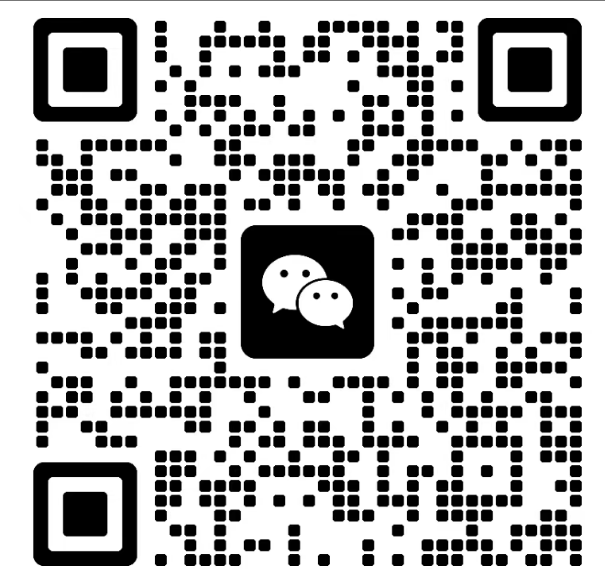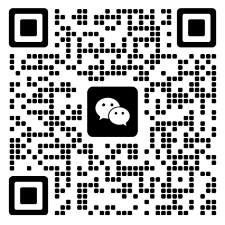Beijing Travel Tips for Foreigners
1. Before You Go: Visas, Connectivity, and Cash
2. Getting Around Beijing Efficiently
3. What to See (and What to Skip)
4. Cultural Etiquette and Local Tips
1. Before You Go: Visas, Connectivity, and Cash
Before boarding your flight to Beijing, a few basics can make your trip smoother.
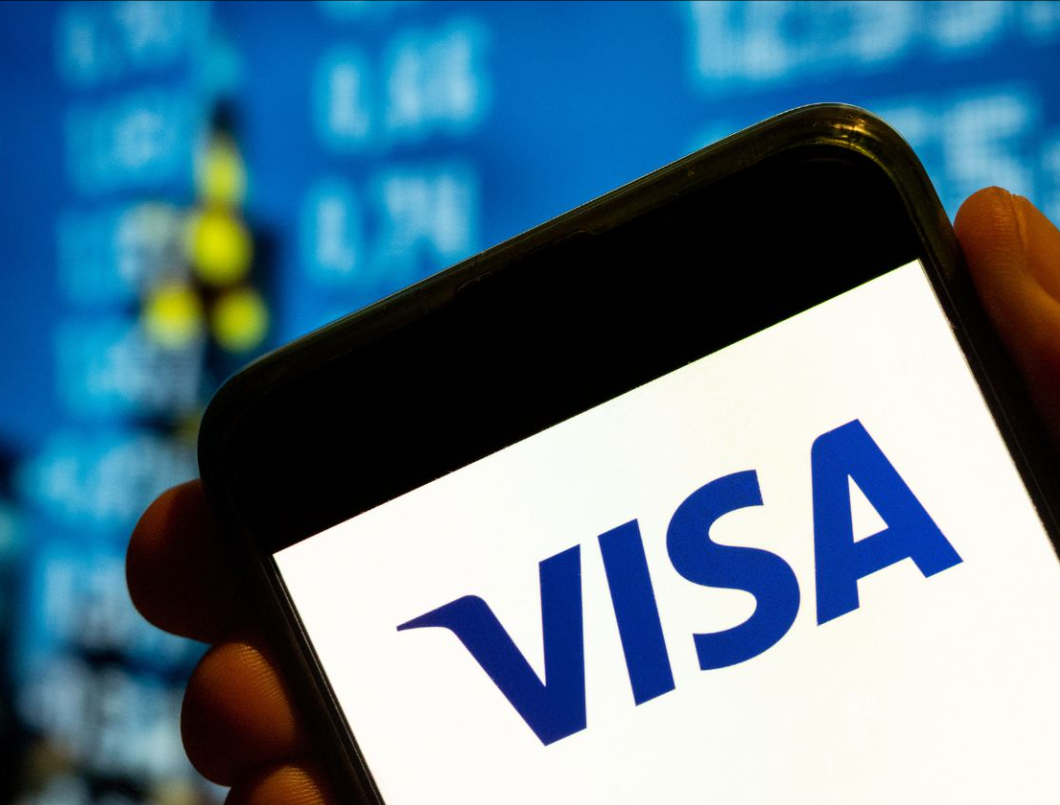
Visa Requirements
Most foreign travelers need a visa to enter China. Depending on your nationality, you might be eligible for a 72 or 144-hour visa-free transit if you're connecting to a third country. Check the latest rules with your local Chinese embassy before planning.
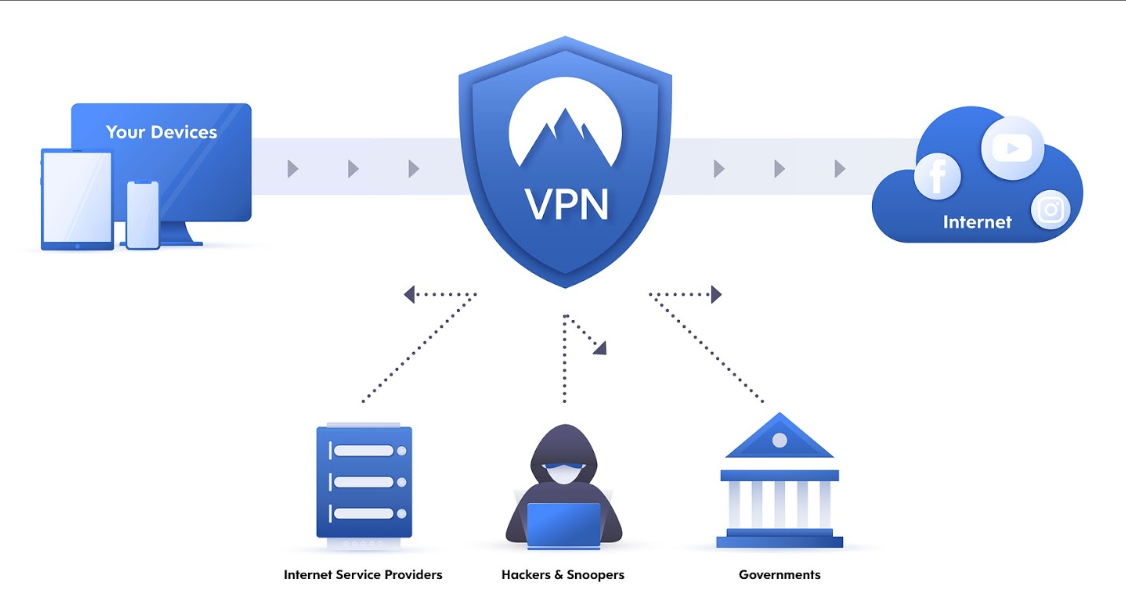
Internet and VPNs
Beijing has great internet infrastructure, but many Western apps like Google, Instagram, and WhatsApp are blocked. To access them, download a reliable VPN before you arrive. Don’t wait until you're in China—it may be too late.
Currency and Payment
The official currency is the Chinese Yuan (CNY or RMB). Cash is accepted, but mobile payments dominate daily life. Foreign credit cards are not widely accepted except in large hotels or tourist sites. Download Alipay or WeChat Pay with international support (some now allow foreign bank cards), or be ready to use cash in smaller shops.
Essential Apps
-
Didi: China's Uber, for hailing taxis
-
Baidu Maps or Gaode Maps: Google Maps is unreliable in China
-
Pleco: Excellent English-Chinese translation and dictionary app
-
AirVisual: Tracks air pollution levels in real time
2. Getting Around Beijing Efficiently
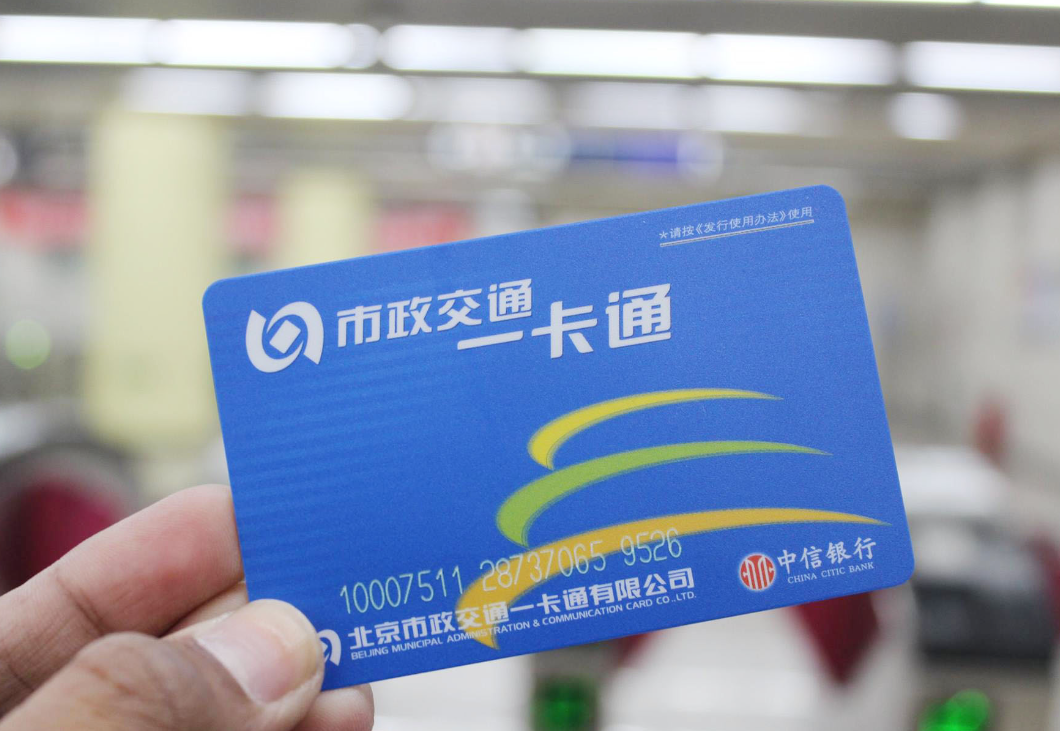
Public Transport
Beijing’s subway system is affordable, clean, and fast. Signage is bilingual, making it relatively easy to navigate. Use a Yikatong card for convenient subway and bus travel—it’s similar to an Oyster card in London or a MetroCard in New York.
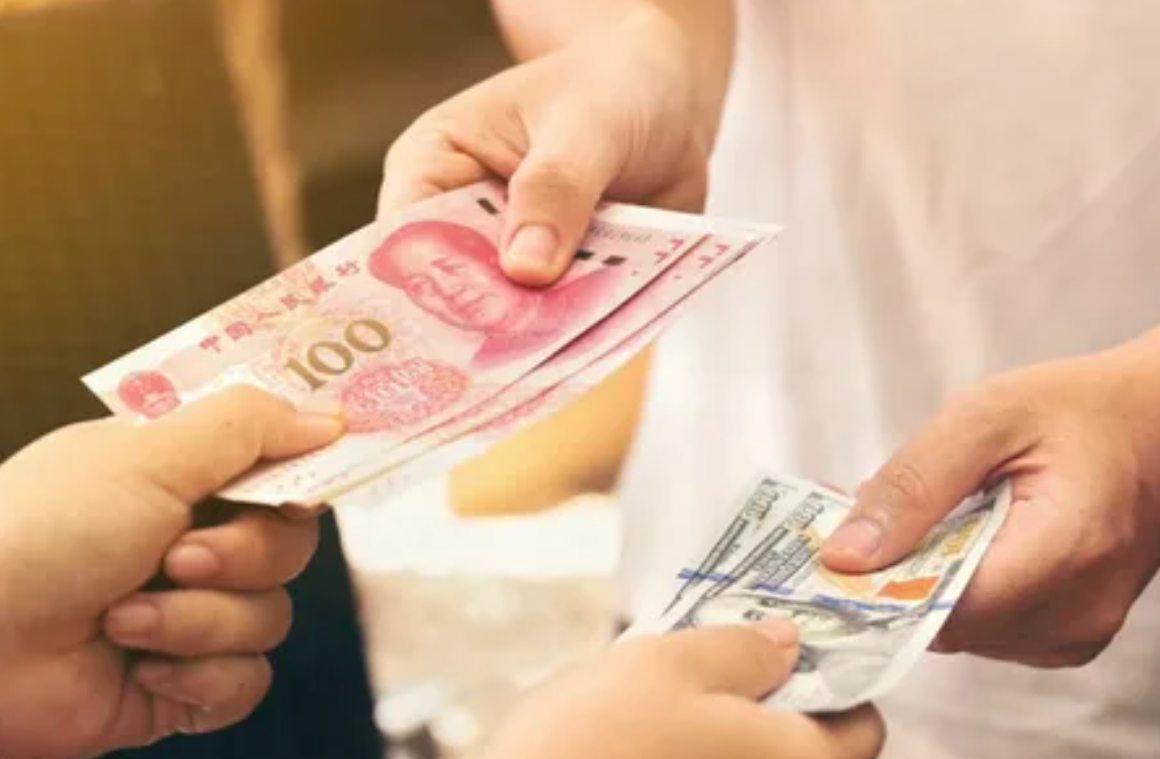
Taxis and Ride-Hailing
Taxis are cheap by Western standards, but not all drivers speak English. Carry your destination written in Chinese or use a translation app. Didi is the go-to ride-hailing app and can be set to English.
Avoiding Rush Hours
Try to avoid the subway between 7:30–9:00 AM and 5:30–7:00 PM, especially on weekdays. The crowds can be overwhelming and unpleasant for travelers unfamiliar with big-city rush hour culture.
Biking
Shared bikes are everywhere, including services like Meituan and Hello Bike. You’ll need a Chinese mobile payment method to unlock them, so plan accordingly.
3. What to See (and What to Skip)

Must-See Attractions
-
The Forbidden City: Historic imperial palace, best visited early in the morning. Book tickets online in advance.
-
The Great Wall: Head to Mutianyu for fewer crowds and great views; skip Badaling, which can be packed with tourists.
-
Temple of Heaven and Summer Palace: Offer history, architecture, and large green spaces.
-
798 Art District: A modern contrast to Beijing’s history, showcasing contemporary Chinese art and design.
Hidden Gems
-
Hutong neighborhoods (like Nanluoguxiang or Shichahai): Explore narrow alleys, local snacks, and traditional courtyards.
-
Panjiayuan Antique Market: A treasure hunt for souvenirs, tea sets, and trinkets.
-
Beihai Park: A peaceful retreat close to the Forbidden City.
What You Might Skip
-
Silk Market or Yashow Market: These “bargain” markets are tourist traps with aggressive vendors. You’re better off shopping at stores with transparent prices or local malls.
-
Wangfujing Snack Street: Overrated, and many "weird" snacks are staged more for spectacle than authenticity.
4. Cultural Etiquette and Local Tips

Language Barrier
English is not widely spoken, especially among taxi drivers and shopkeepers. Learn a few Mandarin phrases or use translation apps. Carry a card with your hotel address in Chinese.
Personal Space and Queueing
Expect less personal space in public areas. Queuing is improving but can still be a bit chaotic at busy train stations or attractions—stand your ground politely.
Bargaining
In markets, bargaining is expected. Start low (30–50% of the asking price) and be ready to walk away if the price doesn’t feel right.
Toilet Tips
Public toilets are plentiful, but not all have Western-style seats or provide toilet paper. Always carry tissues and hand sanitizer.
Tipping
Tipping is not customary in China and often refused. However, some high-end restaurants or hotels may include a service charge.
Air Quality
Air pollution can be a problem, especially in winter. Check AQI levels daily with an app and wear a mask on heavy pollution days if needed.
Safety
Beijing is very safe, even at night. Petty theft is rare, but always stay alert in crowded places and keep your belongings close.
Final Thoughts
Beijing can feel overwhelming at first, but with a bit of preparation, it quickly becomes a fascinating, friendly, and deeply cultural city to explore. Learn to flow with the rhythm, ask questions with curiosity, and be open to surprises—this is how the best Beijing travel stories begin.
